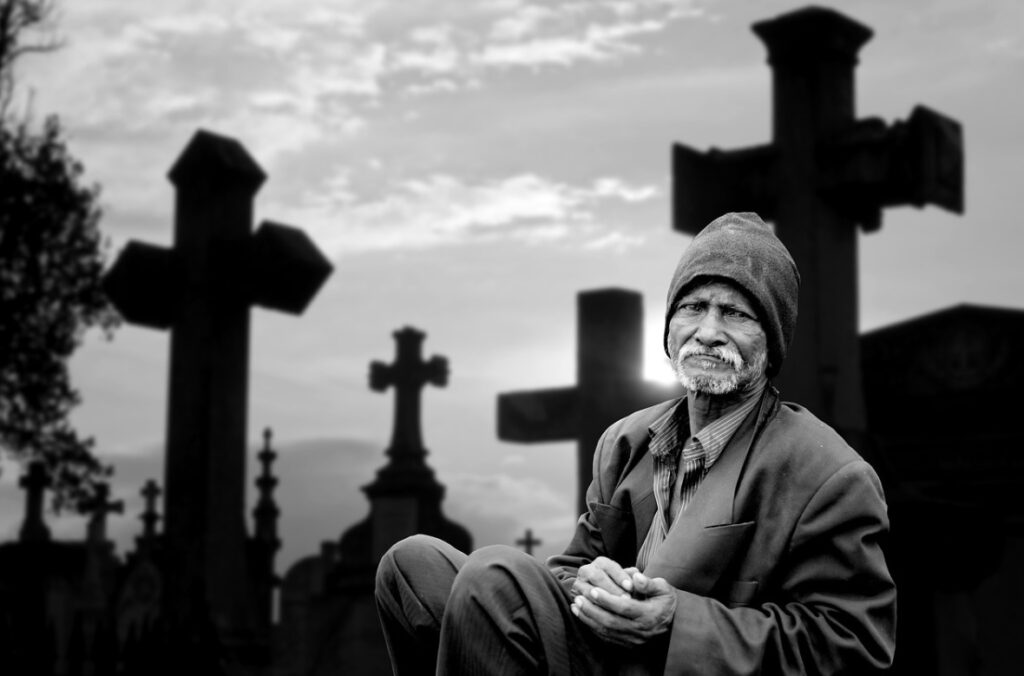For many families, the decision to place a loved one in a nursing home is not an easy one to make. Handing over the responsibilities of caring for an aging or ill family member requires a high level of trust, and many family members worry about whether they’ve made the right decision, even when the person’s medical and care needs far exceed what family members are able to provide.
These emotions and worries become even worse when there are signs of nursing home abuse. If you suspect your loved one is not receiving the care they need and deserve, it’s important to take legal action as soon as possible. Nursing home abuse lawyer Steven H. Heisler works with families to determine if a lawsuit is the right course of action, and has the skills, training, and experience to achieve favorable outcomes for families.
What are some signs of nursing home abuse?
Knowing what to look for can help family members decide when to take action on behalf of their loved one. While some signs of nursing home abuse are easily identified, others can be harder to detect.
Some things to keep an eye out for include:
- Unexplained injuries like cuts, bruises or scratches
- Reluctance to speak in the presence of certain staff members
- Changes in mood or actions when certain staff members are present
- Social withdrawal
- Illness or injury that isn’t immediately reported to the family
- Changes in the resident’s overall happiness or contentment
- Onset of flinching when anyone nears the resident
Of course, if your loved one is able to communicate verbally, pay close attention to complaints and worries they express. This can be challenging in cases where cognitive decline is present, but it is always important to listen for signs of abuse or neglect.

What if my family member dies while in the care of a nursing home?
Many people who reside in nursing homes will eventually die while in residence, and the vast majority of those deaths do not occur as the result of abuse or neglect. That said, if there are indications that something was wrong in the months leading up to the death, or if there are concerns that the death occurred due to improper care or unsafe conditions, it makes sense to have an attorney review the matter.
Losing a loved one is never easy, and grief can complicate your impressions of the nursing home and the level of care your family member received. A skilled nursing home abuse attorney can review the matter from the lens of experience and knows what to look for in terms of signs of abuse or neglect. Attorneys also know the reputation of area facilities and whether previous wrongful death lawsuits have been filed against the nursing home.
When should I reach out to a nursing home abuse attorney?
When it comes to taking legal action against a nursing home, timing matters. Each state has a statute of limitations that outlines how quickly a case must be filed after a loss of life. Meeting those timelines is critical to reaching a favorable outcome. It’s also important to think about who might be able to support your claims of abuse. Relatives or visitors of other nursing home residents can often contribute to a case, and those individuals are far easier to track down before too much time has passed or their family member no longer resides in the nursing home facility.
The best time to reach out to a nursing home abuse attorney is as soon as you have concerns about how your loved one is being treated at their residential facility. Very often, family members get a sense that something is amiss, even before there are clear signs of abuse. In other cases there is plenty of evidence that abuse, or neglect is taking place, and prompt legal action can correct the situation and improve the quality of life for your loved one as well as others who reside in the same nursing home facility.
Of course, if abuse or neglect led to the death of a loved one, connecting with an attorney is the first step in seeking damages for your loss. Once the initial grieving process is complete, consider meeting with an attorney to discuss the specifics of your case. Nursing home abuse lawyer Steven H. Heisler works with families each and every day to determine if abuse or neglect led to harm or loss of life.
You can prepare for your visit by writing down a list of things that concern you about how your loved one is or was cared for. No detail is too small, and any information about the date of incidents or people who also saw evidence of abuse or neglect can also be helpful. Rest assured that your case will be in the best of hands, and that every effort will be made to get the compensation that you and your family deserve. That process begins with a simple phone call, so don’t hesitate to reach out at your earliest convenience.
